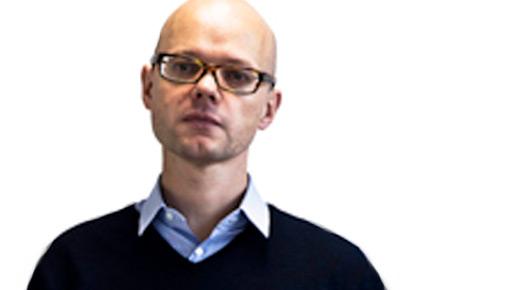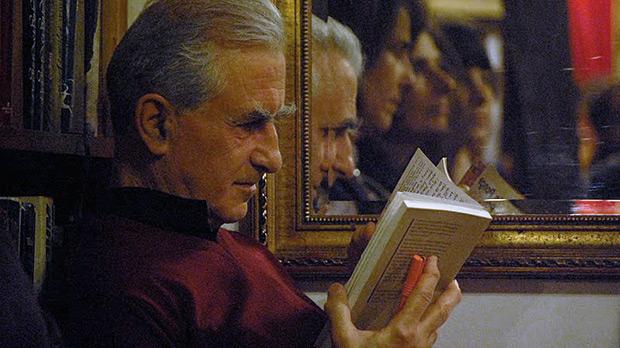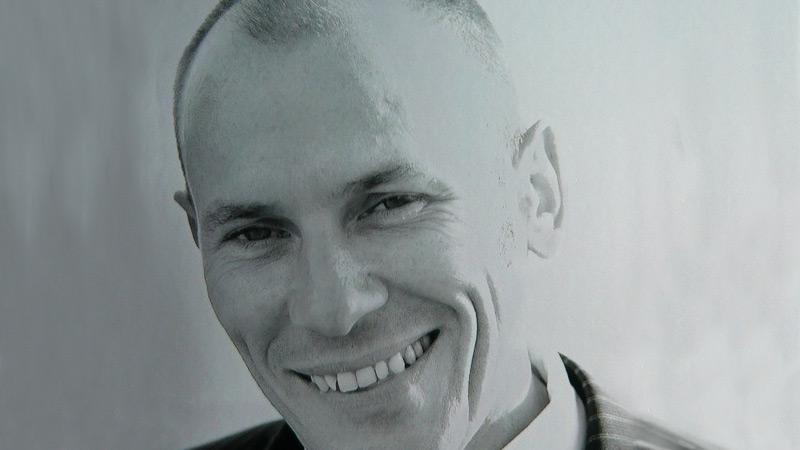The Goldsmiths Prize 2013
Eimear McBride's debut novel, A Girl is a Half-Formed Thing, is winner of the 2013 Goldsmiths Prize. One of the judges, Tim Parnell from Goldsmiths, says of the novel:
"Boldly original and utterly compelling, Eimear McBride’s A Girl is a Half-formed Thing is just the kind of book the Goldsmiths Prize was created to celebrate, and we are delighted to have found such a remarkable novel in the award’s inaugural year. Serious discussion of the art of fiction is too often confined to the pages of learned journals and we hope that going forward the Prize and the events surrounding it will stimulate a much wider debate about the novel."
Read the full press release
About the shortlist
The reading is over and the 123 novels entered for the Goldsmiths Prize 2013 have been reduced to a shortlist of six boldly original works of fiction. From Jim Crace’s enigmatic fable of modernity’s bitter harvest, through Lars Iyer’s serio-comic treatment of the end of philosophy, Eimear McBride’s extraordinarily intense account of family trauma, David Peace’s remarkable imagining of Bill Shankly’s years at Liverpool FC, and Ali Smith’s invention of a form which blends fiction, essay and lecture, to Philip Terry’s linguistically rich narratives drawn from the margins of the Bayeux Tapestry, all of the shortlisted novels embody the creative daring and exuberant inventiveness which the Goldsmiths Prize was created to showcase and reward.
Tim Parnell, Chair of Judges, commented: ‘In the prize’s inaugural year, we are delighted to announce a shortlist that so clearly exemplifies the spirit of the award. All six books are strikingly original and all of them refuse the ready comforts of convention. Making full use of the resources and possibilities of the novel form, each writer has found the distinct idiom that their story demands.’
Blake Morrison, Professor of Creative Writing and Director of the Goldsmiths Writers’ Centre observed: ‘The merely odd doesn’t last, Dr Johnson said, dismissing Tristram Shandy. But the interestingly innovative does last, and this fascinating shortlist, spanning the Bayeux Tapestry at one end and Bill Shankly at the other, is evidence of the range and vitality of novels coming out of Britain and Ireland today.’
Philip Maughan of the New Statesman added: ‘By focusing on writers committed to making it new, the Goldsmiths Prize judges have produced a list of books which will be read and studied long after the prize-cycle is over. They are also giving a leg up to smaller publishers, who are doing so much of the most interesting work in British and Irish fiction today.’
The judges on the shortlist
Tim Parnell on Harvest
Were this either a straightforward historical novel about the effects of enclosure on Britain’s rural communities or a political allegory about the fall into capitalist modernity, it would not be the remarkable and unsettling book it is. For all that Jim Crace clearly has things to tell us about the casualties of enclosure, the informing poetic of this ambiguous fable lends itself to questions rather than answers. While one strand of the narrative seems to explain the expulsion from Eden in socio-political terms, other strands complicate and undermine it by hinting that paradise was always already troubled by human imperfection.
Gabriel Josipovici on Exodus
Who would have thought that a book about two disillusioned teachers of philosophy travelling round the country, talking about, among other things, Kierkegaard and the death of philosophy could be so gripping? Lars Iyer, however, has made it so, partly because he is often so funny and partly because he and his protagonists really do believe, and persuade us to believe, in the values they see disappearing before their eyes, under the pressure of successive philistine governments. In the end this, like the work of Patrick Keiller, but much funnier, is a book both about Britain today and about what is precious and needs to be preserved.
Nicola Barker on A Girl is a Half-formed Thing
Imagine being repeatedly slapped in the face, only quite lightly to begin with, by a delicate little hand wearing a large and ornate signet ring. You want to turn away, to lash out, to resist, but the little hand is so dogged, so persistent, and the ring has caught your eye, somehow, and you just want to study it, to focus in on it, because you know that it is strange and special and very beautiful. But as the little hand continues to slap it becomes more painful and your cheeks gradually start to sting and to redden. Is it a pleasurable feeling? No. Well, yes. Is it startling? Certainly. And afterwards? When it's all finally over? The devastating bruises, spreading and flowering across your flesh in their terrible palate of blue, green, black, purple...
A Girl is a Half-formed Thing is at once the slap and the gasp after the slap. It is, in a single word, breathtaking.
Nicola Barker on Red or Dead
Love and madness both involve the most devastating repetitions, and David Peace's Red or Dead is at once a broken heart and a nervous breakdown. It is monolithic. It is unrelenting. It is truly brave and it is utterly heroic. It's a maddeningly stuck record which just happens to be jumping backwards and forwards over the most astonishing of refrains. And the more you hear that refrain the more it contracts and then expands inside your mind. The more it hypnotises. You are numbed by it and then suddenly, unexpectedly, you are pierced by it; verbally, emotionally.
I don't think I've ever read anything quite like Red or Dead before. Not ever. Peace has created the perfect mantra for life, for love, for obsession, for sport. And that mantra is a strange and ecstatic 714-page prayer.
Jonathan Derbyshire on Artful
The blurb to Ali Smith's Artful says that it refuses ‘to be tied down to either fiction or the essay form’. The book shuttles back and forth across the border separating one form from another, between the narrator's haunted remembrances of a lost lover and the lectures on art and literature which that lover has left behind. Artful’s own restless shape-shifting enacts the themes of the lectures it contains (arguments about form as not just a matter of establishing ‘clear rules and unspoken understandings’, but of rule-breaking as well). In doing so it invites us to think again about what the novel can be.
Gabriel Josipovici on tapestry
This strange novel about the nuns who made the Bayeux Tapestry and the stories they tell each other as they do so and secretly include in its margins, owes something to Calvino and Queneau, though its weird language, a strange mixture of faux medievalism with sudden hilarious lurches into present-day idiom, is entirely Terry’s. And it works, making us think again about the close connection of art and propaganda at the same time as it slyly inverts the language of propaganda and teaches us to read slowly. One of the oddest and most delightful books I have read in a long time.

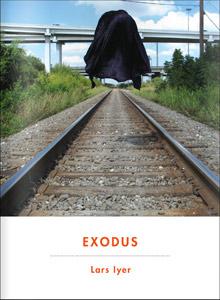
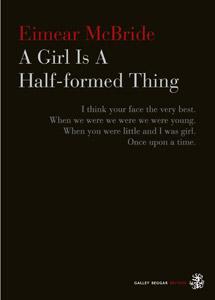
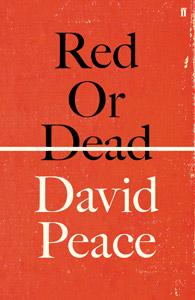
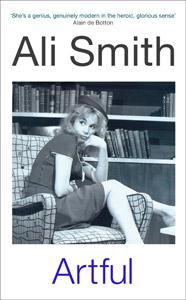
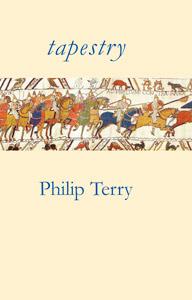
-Tony-Davis.jpg)
